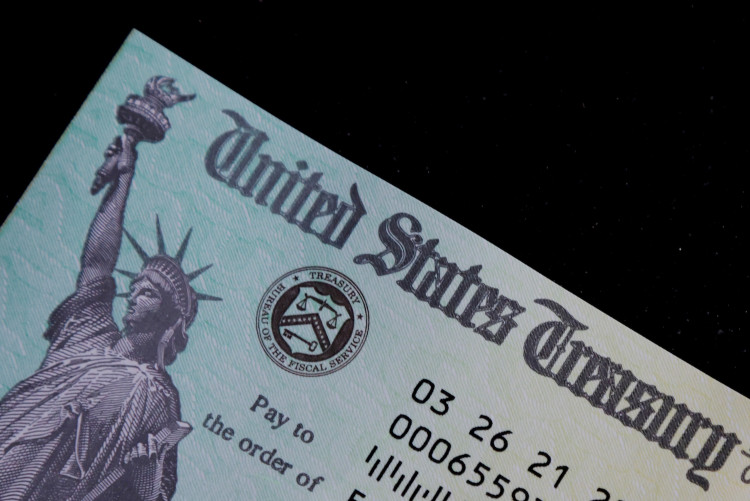According to a budget agreement negotiated by Governor Gavin Newsom and state lawmakers on Sunday, around 23 million Californians could soon get "inflation relief" checks of up to $1,050.
The payments are a part of a $17 billion relief package, according to statements from Newsom, Senate President Pro Tempore Toni G. Atkins, and Assembly Speaker Anthony Rendon. The relief package also includes a suspension of the state's diesel fuel sales tax and additional funding to assist people with rent and utility bills.
The agreement was reached at a time when Californians are paying the highest gas prices in the nation, with the average gallon of gas costing $6.32 on Monday, or nearly 29 percent more than the national average. Earlier this year, Newsom had suggested giving citizens of the state stimulus payments worth $400 for each vehicle, up to a maximum of two automobiles. However, some members had pushed for a measure that would increase the checks sent to those with lower incomes.
The payouts are based on income, tax-filing status, and household size, just as the federal government's stimulus checks.
The relief checks are designed to help residents cope with "global inflation and rising prices of everything from gas to groceries," the lawmakers said in the statement. Here is how California's strategy will function.
The largest payouts will go to Californians with lower and medium incomes. Single taxpayers who earn less than $75,000 a year and couples who file jointly and make less than $150,000 a year will receive $350 per taxpayer while taxpayers with dependents will receive an extra $350.
In other words, a couple with two kids and a combined income of $125,000 would be eligible for $350 for each adult and $350 for each of their kids, for a total of $1,050.
Residents with higher incomes will be given smaller amounts. Single taxpayers who make between $75,000 and $125,000 a year and couples who earn between $150,000 and $250,000 will receive $250, plus the same payment for their dependents, for a maximum of $750 per family. Single people who earn between $125,000 and $250,000 and couples who earn between $250,000 and $500,000 annually would receive $200 each, plus the same amount for their dependents. That amounts to a maximum payment of $600 per family.
By the end of October, checks will begin to be sent by direct deposit or prepaid debit card.






